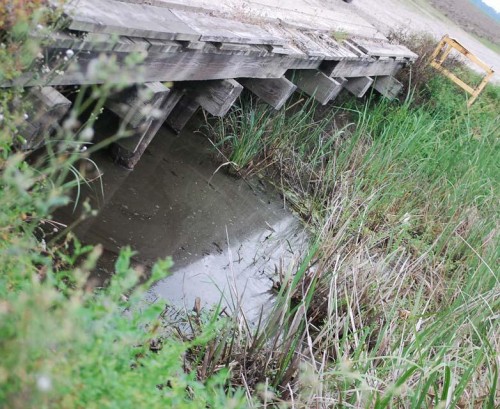
Lafourche council shoots down Company Canal deal
June 8, 2010Thursday, June 10
June 10, 2010The U.S. Senate came through with some help for Louisiana’s beleaguered wetlands thanks to bipartisan efforts led by Sen. Mary Landrieu, D-La., with co-sponsors Sens. David Vitter, R-La., Richard Shelby, R-Ala., Thad Cochran, R-Miss., and Senate Appropriations Chairman Dan Inouye, D-Hawaii.
Combined, the two amendments attached to the Disaster Relief and Summer Jobs Act of 2010 promise to cut through the bureaucratic red tape at the Minerals Management Service and kick start crucial coastal restoration projects. These measures could serve to free the Mississippi River’s power to heal the dying coastal wetlands and restore health and function to the Mississippi River Delta.
The first amendment would expedite the distribution of previously appropriated coastal restoration funding to provide emergency mitigation of damage caused by the Deepwater Horizon oil disaster.
Coastal Impact Assistance Program funds are dedicated to projects that restore coastal wetlands and marine and coastal ecosystems; mitigate damages to fish and wildlife and aid other coastal conservation and mitigation efforts.
The four-year program, created by Landrieu in 2005 Energy Policy Act, was designed to disburse all funds to states by 2010. However, Landrieu says, only about 25 percent of the $1 billion in funds have been distributed to Gulf states. This amendment would give Louisiana the ability to amend its plan and put forward new projects specifically to address the oil spill.
The second amendment would authorize the U.S. Army Corps of Engineers to use dredged material from waterways in the Gulf Coast to mitigate the impacts of the oil disaster by bolstering barrier islands that serve as a first line of defense against the oil spill and natural disasters. This dredged sediment can be used to create marsh quickly in the short term and may help stop the infiltration of oil in some places.
These provisions were included in the Emergency Supplemental Appropriations bill, which passed the Senate by a vote of 67-28. The bill also contains $68 million to help communities affected by the oil leak, including economic recovery assistance, seafood inspection and environmental impact mitigation. …
We commend all those who are pushing these measures, and we urge the Senate and House to quickly work out any differences in the bill, secure passage and follow up with more. Restoring our crucial wetlands will require long-term commitment.
– The Daily Star, Hammond, La.





